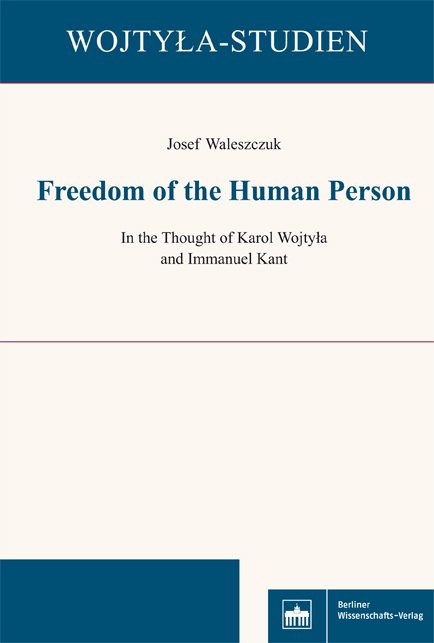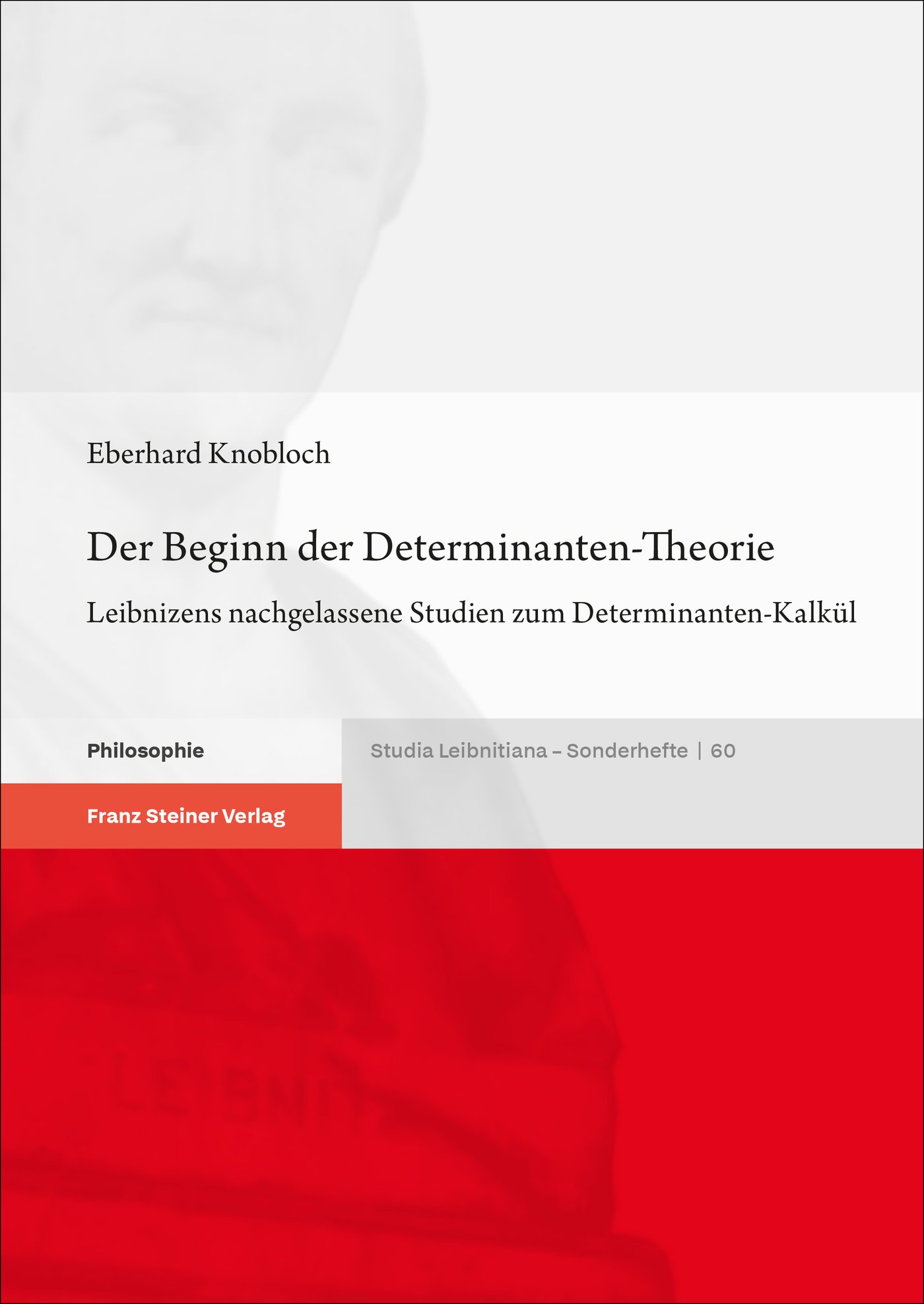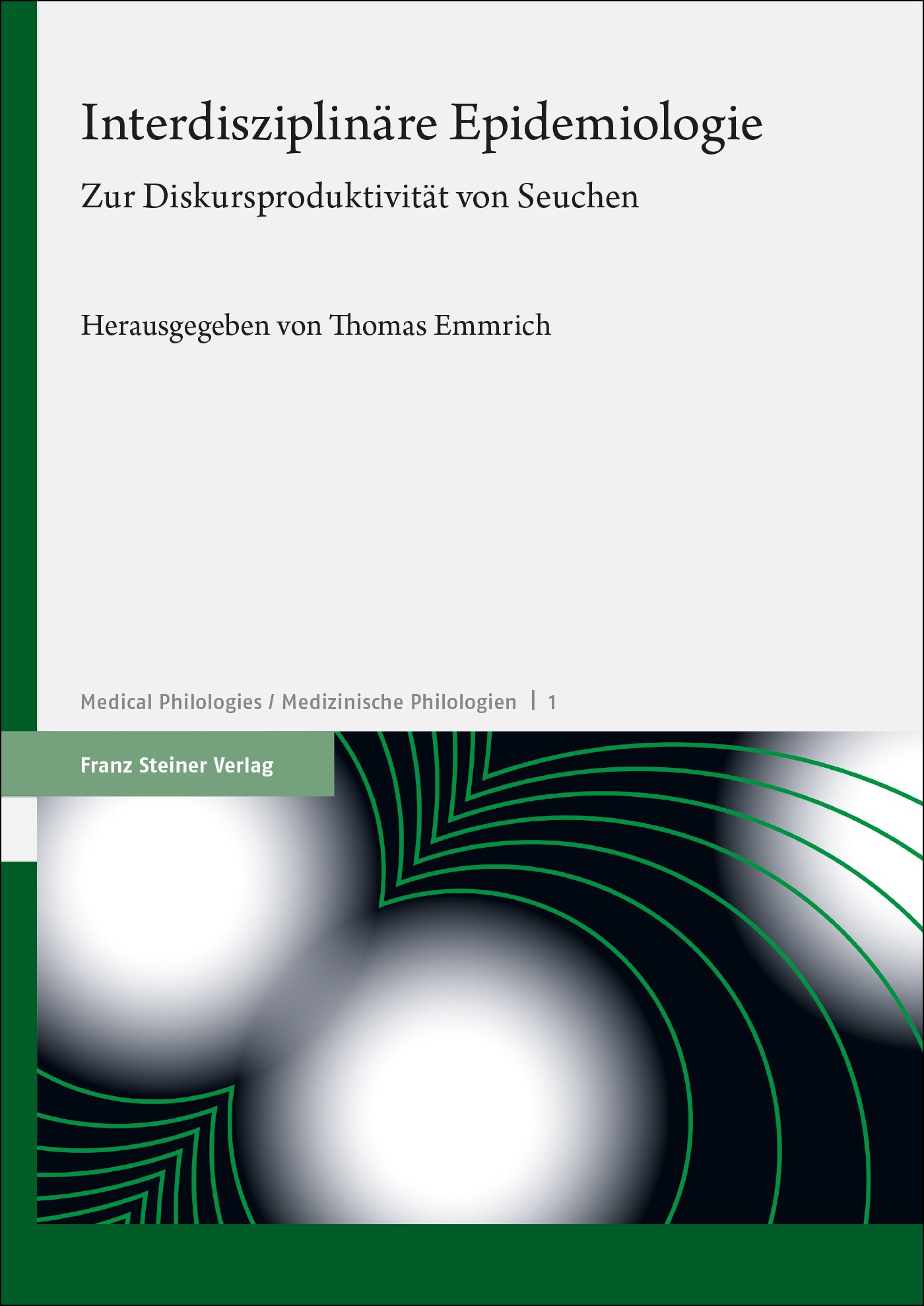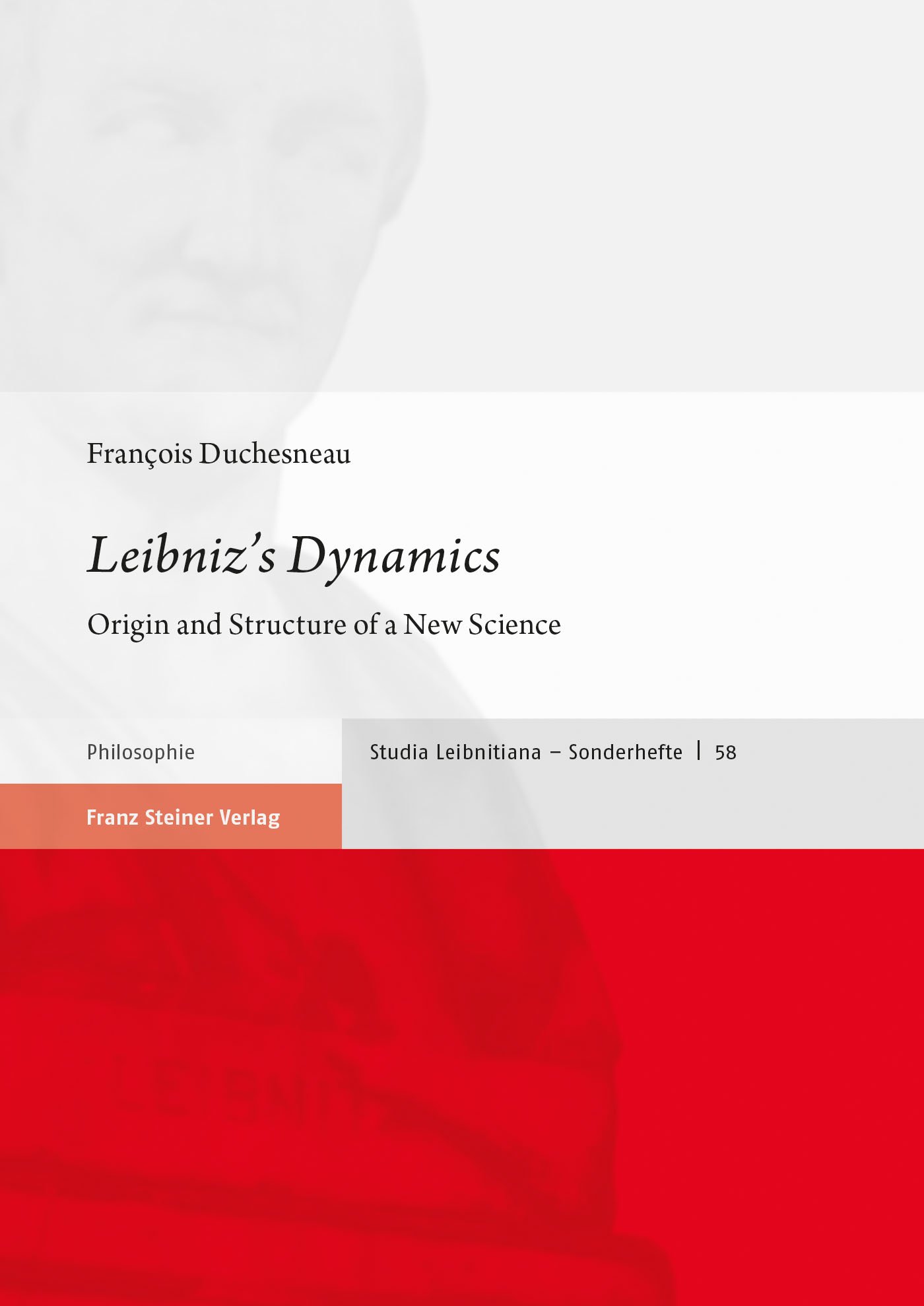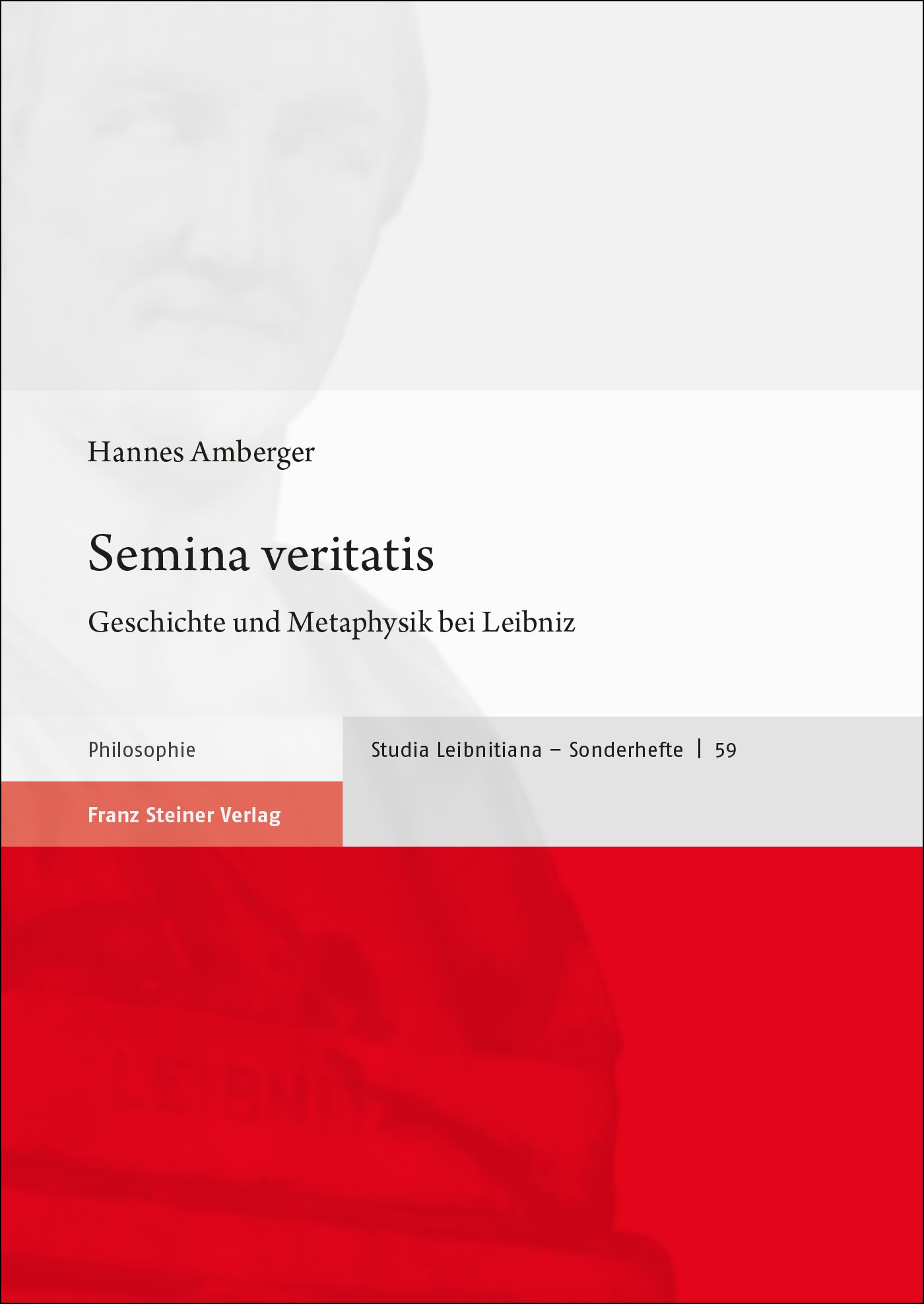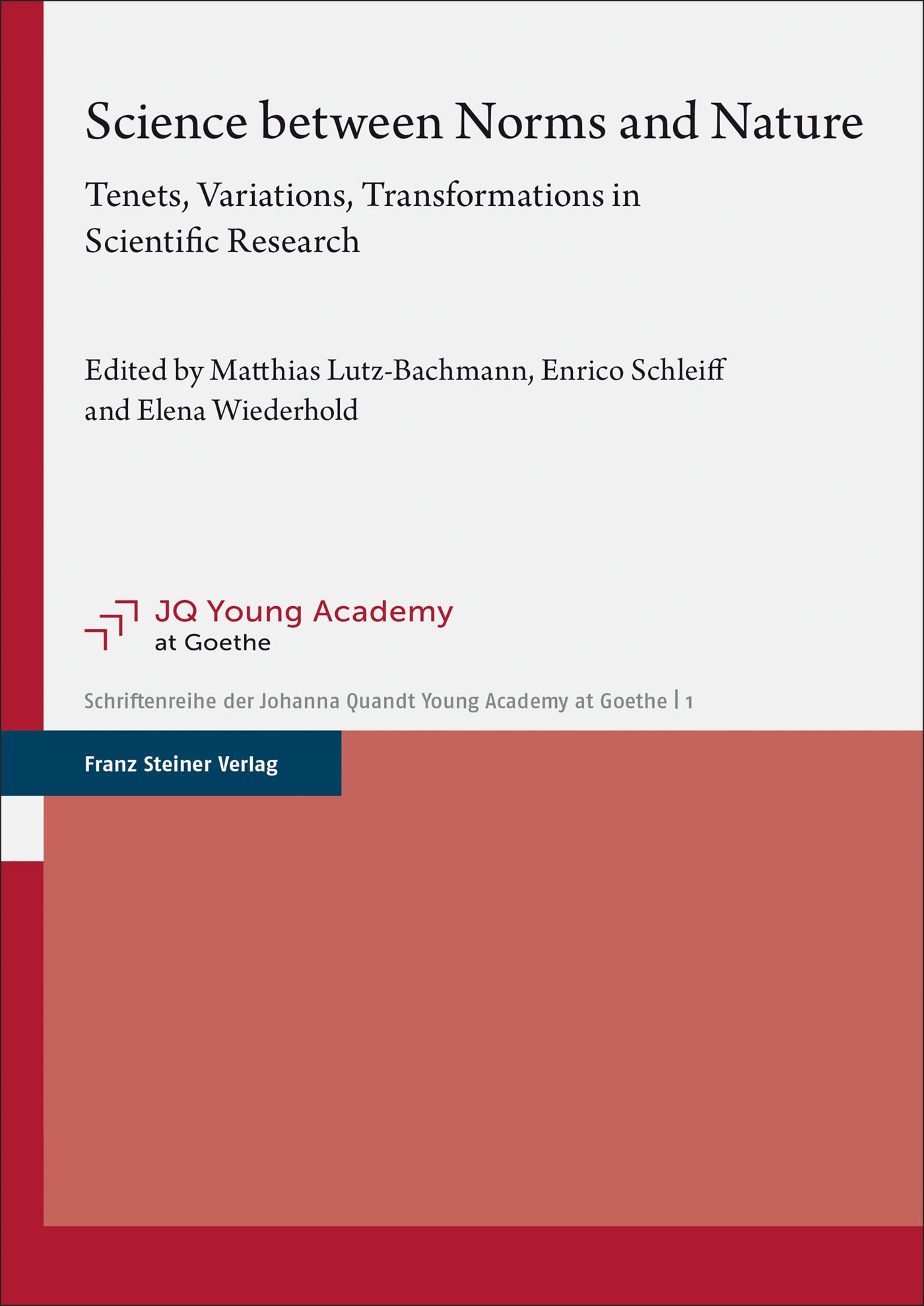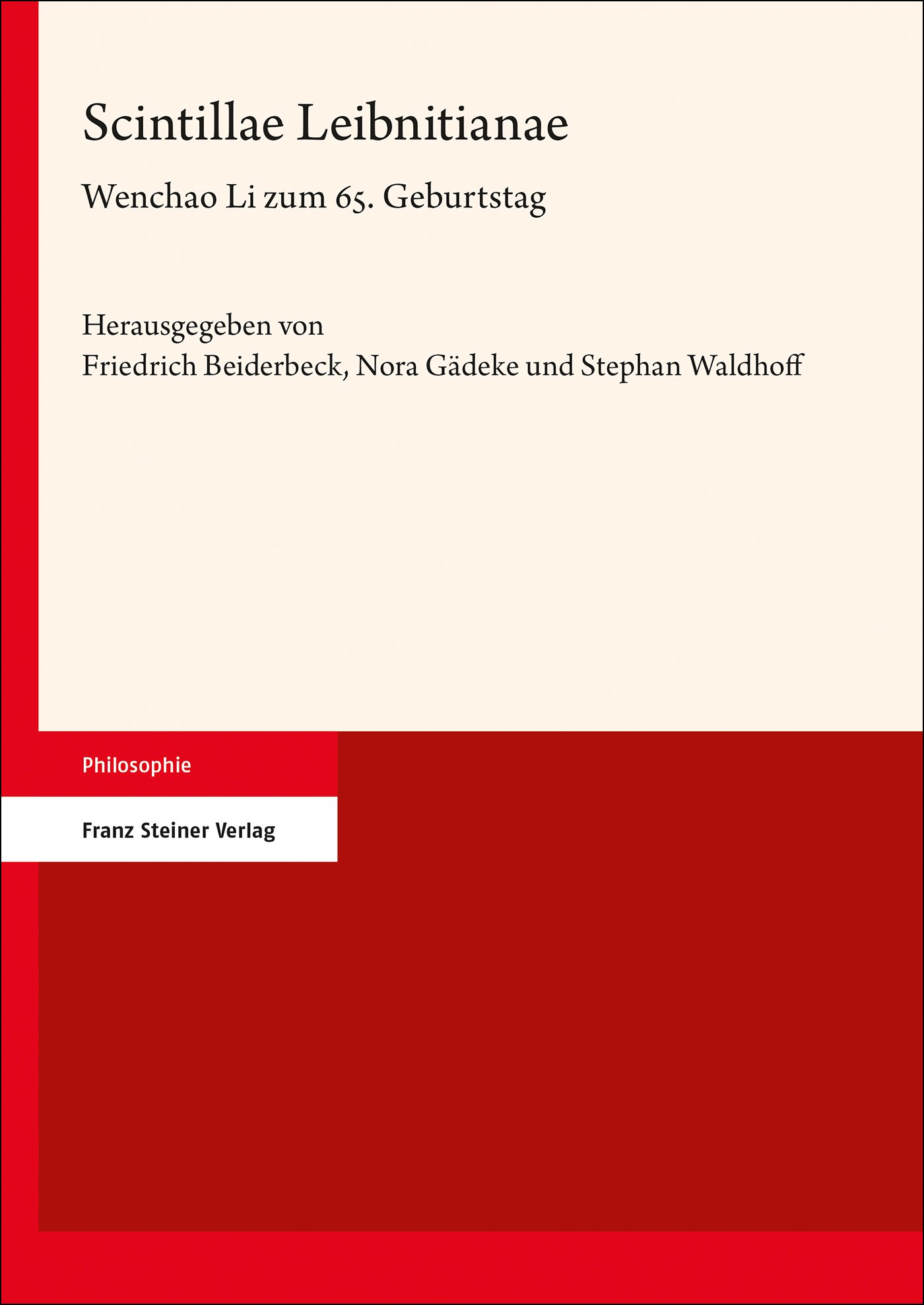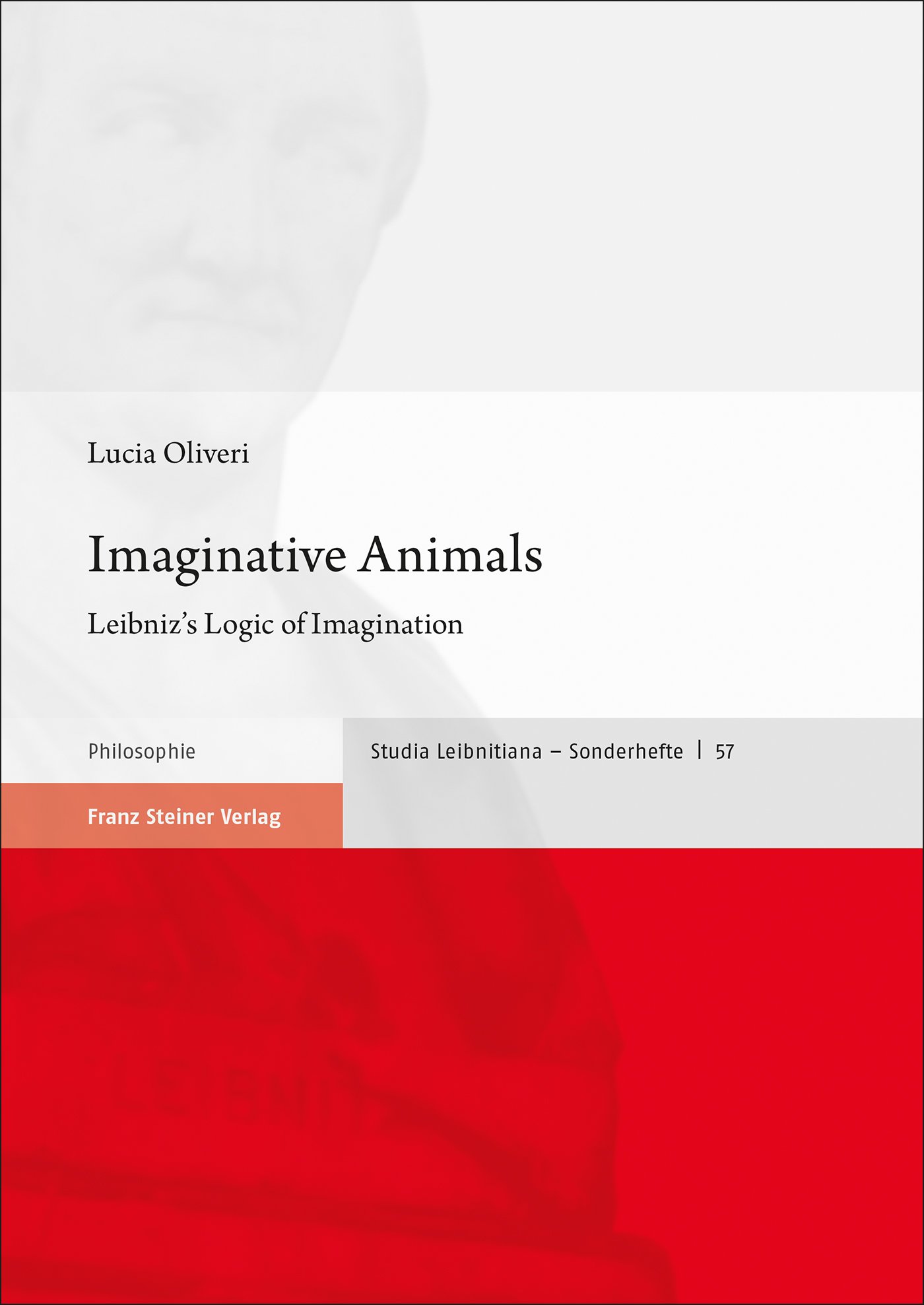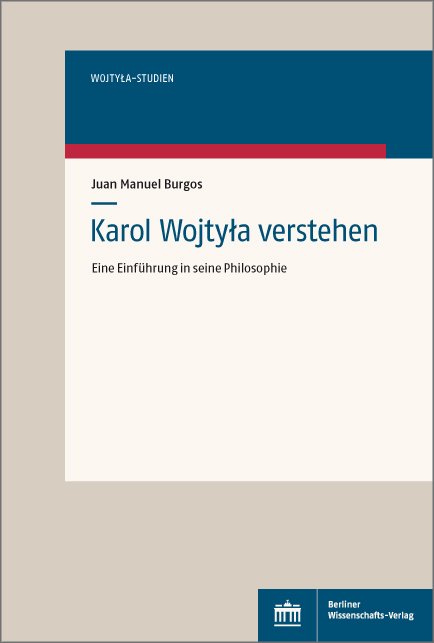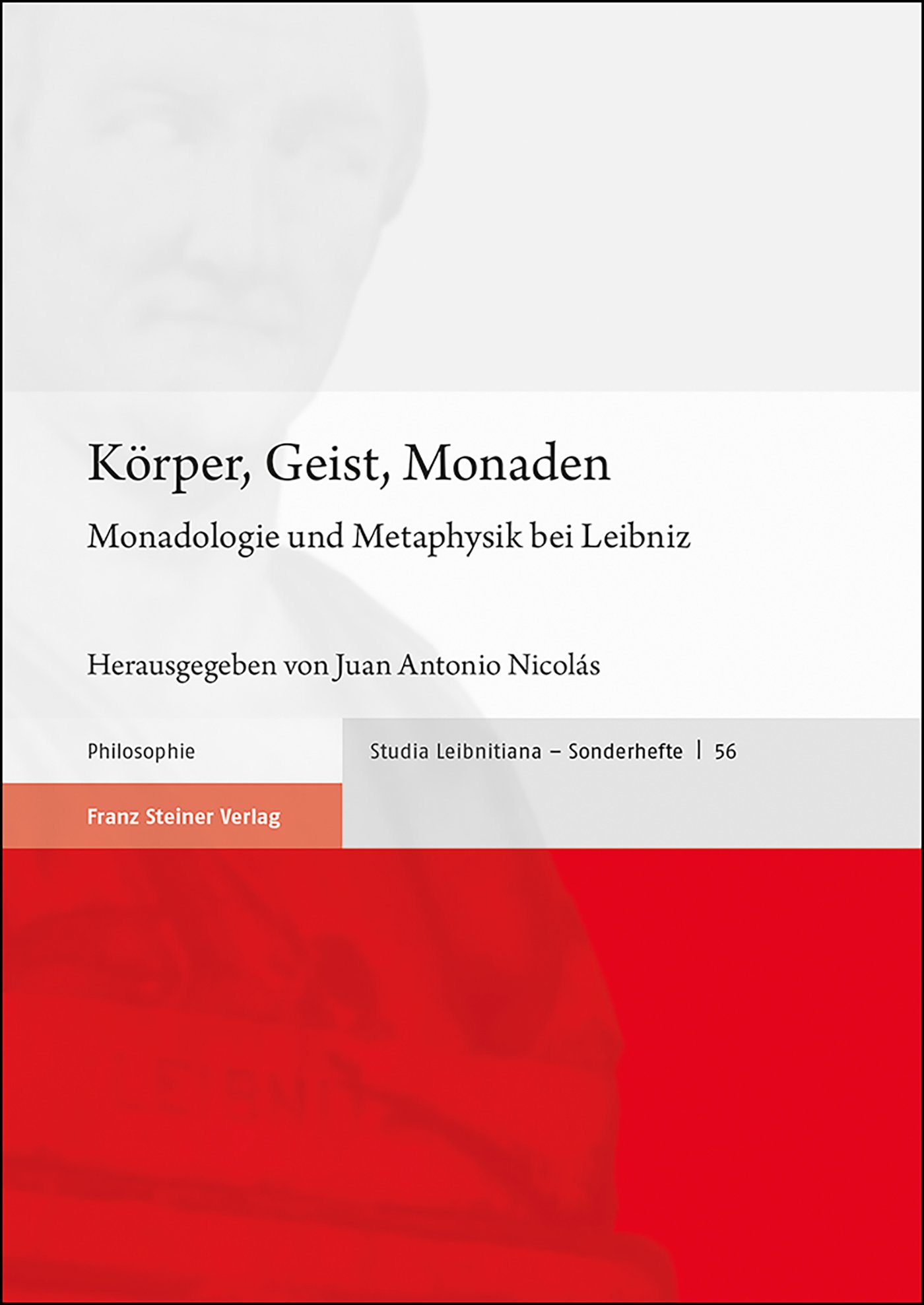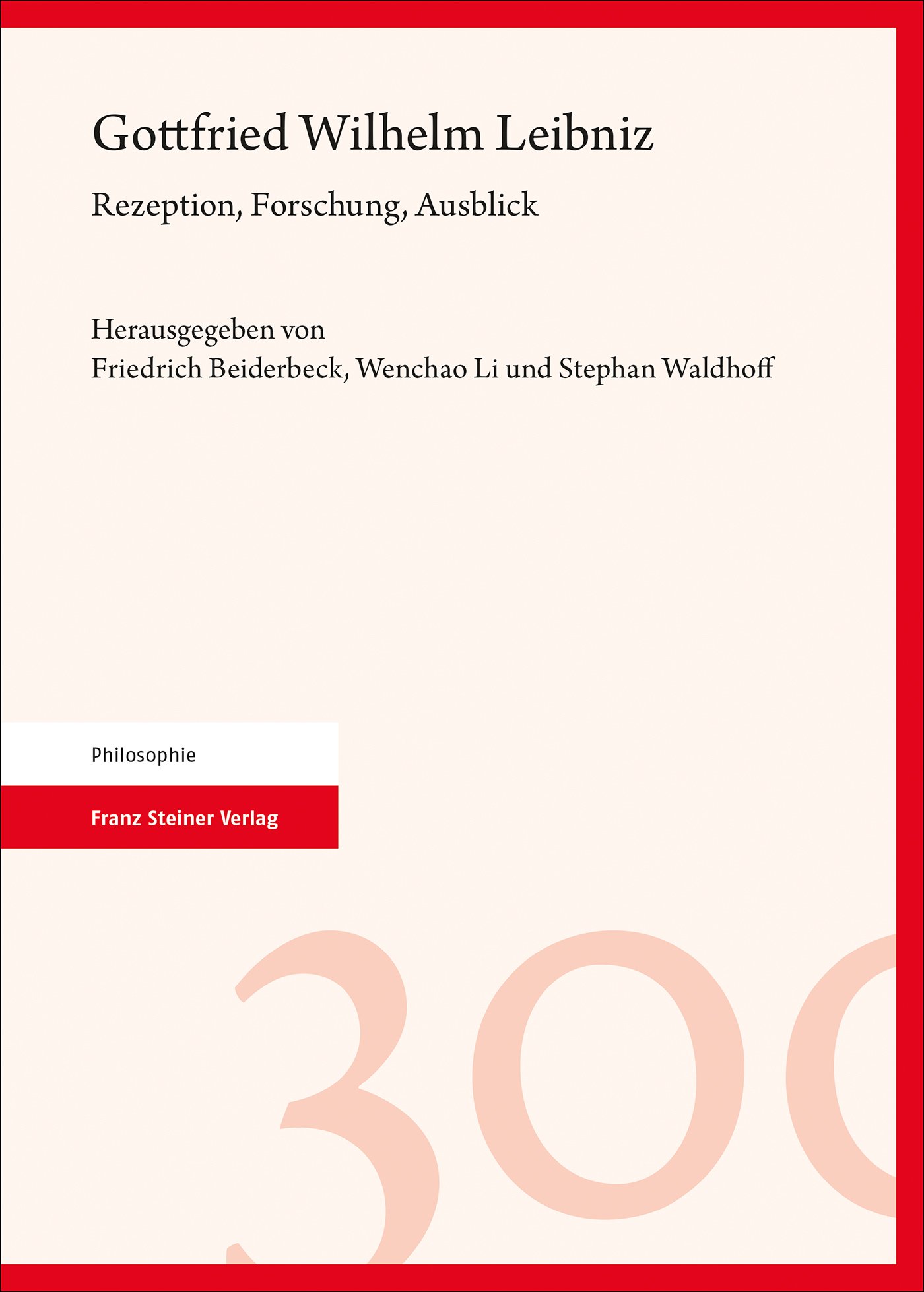Freedom of the Human Person
In the Thought of Karol Wojtyla and Immanuel Kant
Freedom is the key issue for both Karol Wojtyla and Immanuel Kant that connects the Polish with the German philosopher. This analysis aims to show the importance of Kant’s ethics in the work of Karol Wojtyla.°°Kant’s paradigm shift in the anthropological thought was revolutionary. The categorical imperative obliges each person to act morally and thus elevates them. It is the foundation of human dignity, not only for Kant but also for Wojtyla. Who is man? Is man free? Or is materialistic man determined and arrested in immanence? What should man do? Man is gifted with freedom. He is a person because he has the capacity to act. Wojtyla and Kant put special emphasis on a person’s power of selfdetermination that reveals itself through the experience as a freely acting person. The realisation of the personal norm – the categorical imperative – was defi ned by both thinkers as a fulfilment of freedom. Freedom shall be fulfilled in the responsible act, which reveals the person’s power of love.°°
| Reihe | Wojtyla-Studien |
|---|---|
| Band | 2 |
| ISBN | 978-3-8305-3722-9 |
| Medientyp | Buch - Kartoniert |
| Auflage | 1. |
| Copyrightjahr | 2017 |
| Verlag | Berliner Wissenschafts-Verlag |
| Umfang | 172 Seiten |
| Format | 15,3 x 22,7 cm |
| Sprache | Englisch |
